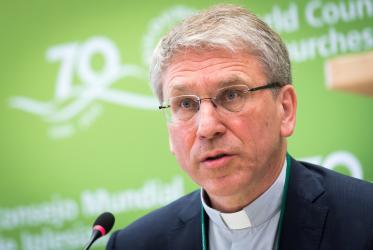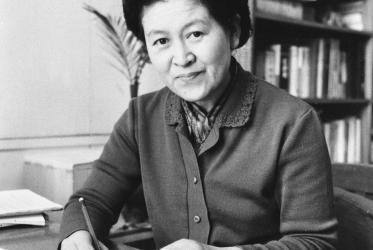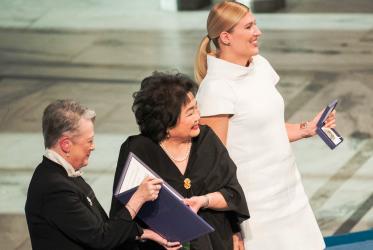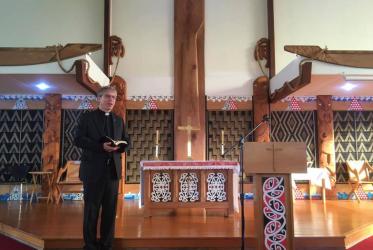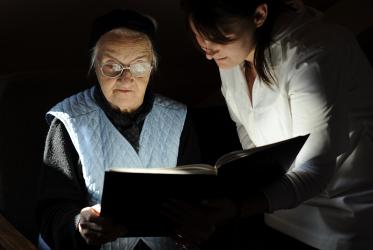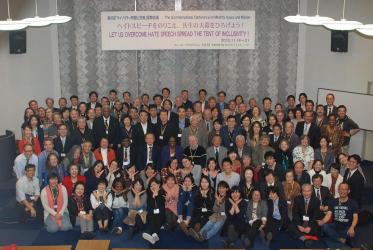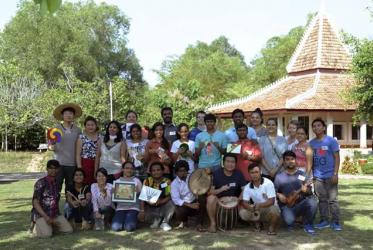Displaying 21 - 40 of 47
#WCC70: A prayer about health and healing
20 July 2018
A tribute to former WCC president for the Asia-Pacific
27 April 2018
WCC general secretary visits Aotearoa New Zealand
10 October 2016
United Bible Societies: A world fellowship serving the churches
16 December 2015
Japanese churches discuss minority issues
01 December 2015
Climate pilgrimage toward COP21 pauses in Geneva
05 November 2015
WCC encourages churches to pray on Hiroshima Day
06 August 2015
Momentum builds for ban on nuclear weapons
16 December 2014

